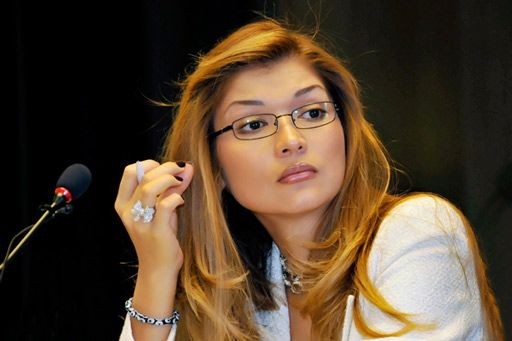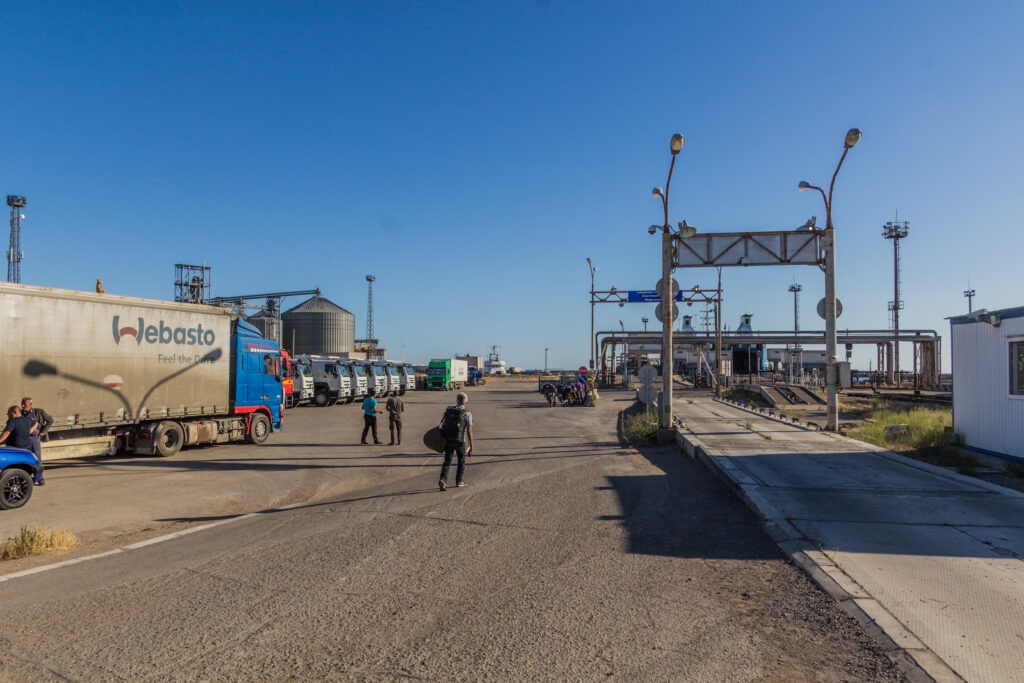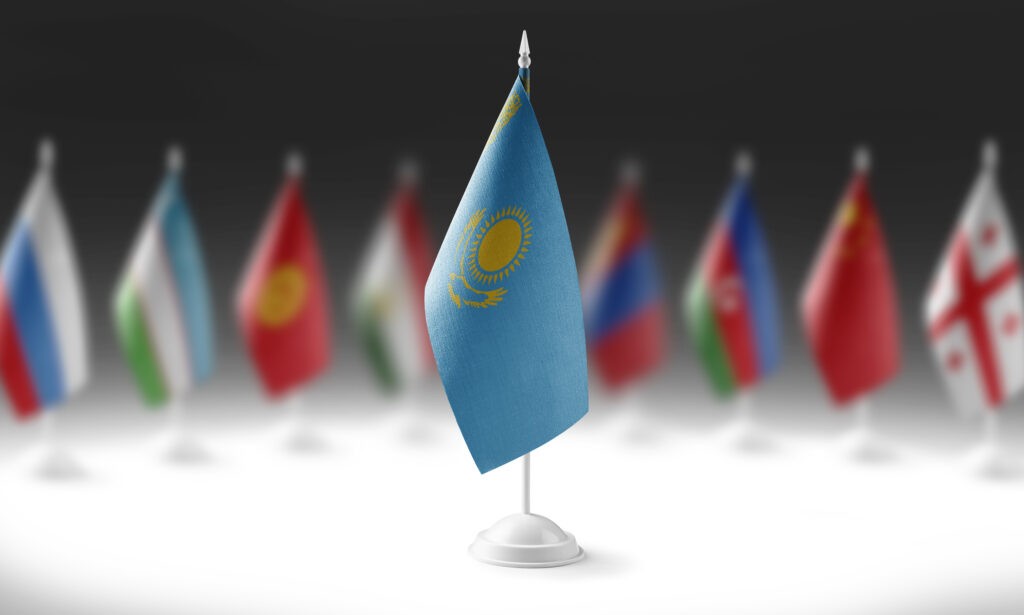Scores Dead After Fire at Mine Operated by ArcelorMittal
At least 21 people were killed when a fire broke out at a mine in Kazakhstan operated by the global steel giant ArcelorMittal on October 28th, prompting President Kassym-Jomart Tokayev to order an "end to investment cooperation" with the company, RFE/RL's Kazakh Service reports. A local unit of the company, ArcelorMittal Temirtau, said in a statement that 252 people were underground at the Kostenko mine in the central Qaraghandy region when the fire struck. It said 208 miners had been evacuated, with 18 seeking medical help, while 23 people had not been accounted for. There was no immediate comment about the cause of the incident. This was the second deadly event at an ArcelorMittal site in Kazakhstan this year, after five miners were killed at a mine in the same region in August. Tokayev, who expressed condolences to the victims' families, said "the government has ordered an end to investment cooperation with ArcelorMittal”. The president said an investigative commission will be set up to determine the cause of the blaze. ArcelorMittal operates around a dozen mines in Kazakhstan. The company's operations in the resource-rich Central Asian country have regularly been accused by authorities of failing to respect safety and environmental regulations. Following the incident in August at an ArcelorMittal coal mine, Tokayev denounced the "systemic character" of accidents involving the company that he said has left more than a hundred people dead in Kazakhstan since 2006. In December 2022, Astana threatened to ban ArcelorMittal from operating in the country after a worker died in what the company labeled an accident at its factory in Temirtau.






